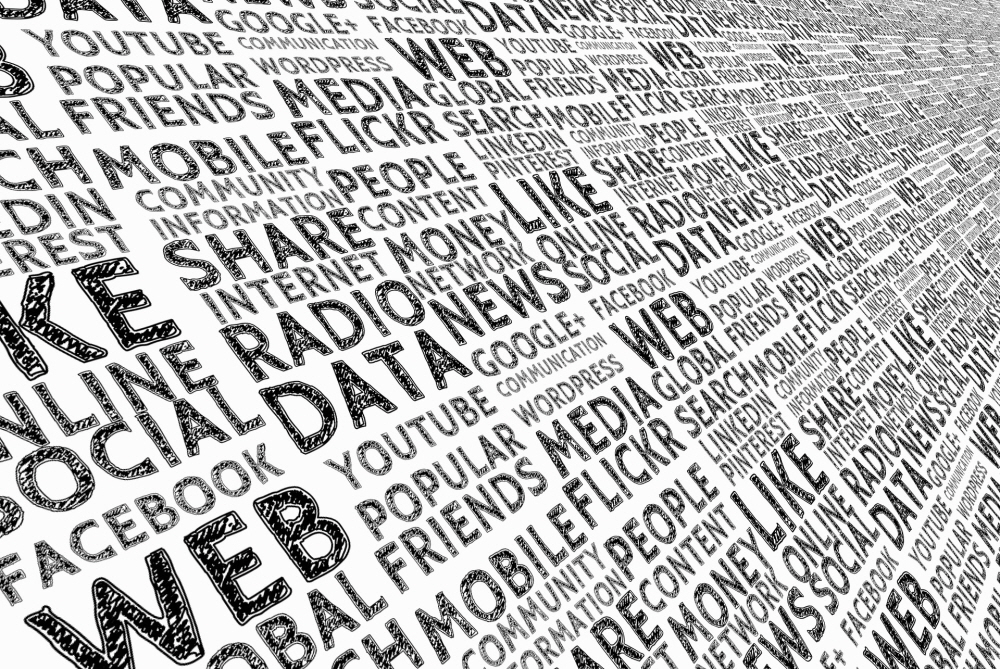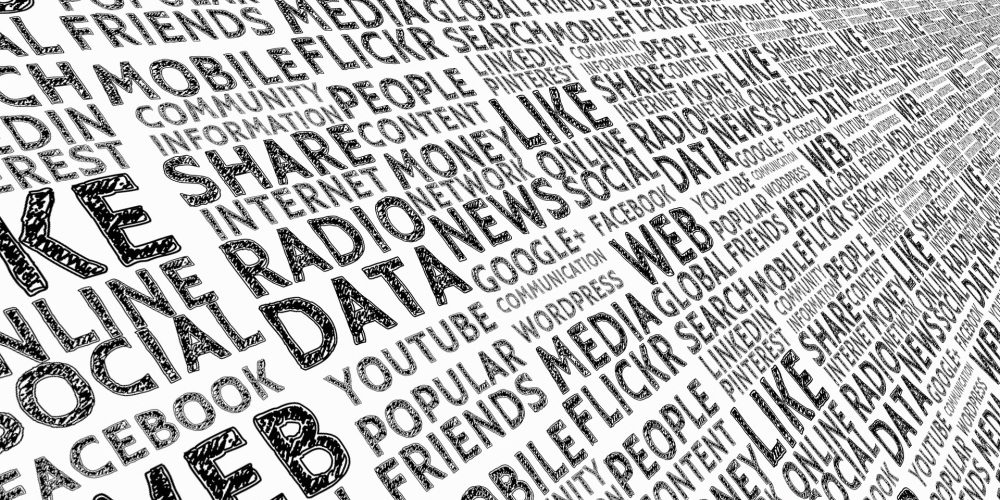
Using social media such as Facebook and Twitter is popular among young people. Adolescents who use social media for 30 minutes to 3 hours every day account for 30.7% of the total, and 12.3% for those who use social media for 3 to 6 hours a day. A study showing that social media addiction increases the risk to adolescent mental health by 78% was published in the Journal of the American Medical Association, drawing attention.
The published study was a three-year cohort study of 6,595 American adolescents. Subjects were men and women aged 12 to 15 years, respectively, at the beginning of the investigation, and the time spent on social media and mental health status were investigated every year.
Social media usage time survey is less than 30 minutes, 30 minutes or more, 3 hours for social media usage time such as Facebook, Google Plus, YouTube, MySpace, LinkedIn, Twitter, Tumblr, Instagram, Pinterest, Snapchat, etc. I was asked to select less than 3 hours, less than 6 hours, and more than 6 hours.
As a result of the survey, 31.8% of the subjects said they were less than 30 minutes, 30.7% said they were more than 30 minutes and less than 3 hours, 12.3% said they were more than 3 hours and less than 6 hours, and 8.4% said they were more than 6 hours.
The Mental Health Survey used the GAIN-SS simplified test used to screen patients with mental health disorders and drug problems. As a result of the survey, it was found that using social media for more than 6 hours increases the risk of mental health by 78% compared to adolescents who do not use social media. In addition, the risk increases by 60% for more than 3 hours and less than 6 hours, 37% for more than 30 minutes and less than 3 hours, and 23% for less than 30 minutes.
The mental health problem associated with the use of social media is called internalizing disorder. Internalization disorder is a group of disorders that internally experience conflict and the underlying emotions, anxiety, mood depression and obsessive-compulsive symptoms themselves, and are related to depression, anxiety, and loneliness.
The research team explains that the causes of social media related to internalization disorder are Internet bullying, poor sleep quality, and the gap between one’s ideal type and reality in social media. Even if mental problems are left behind, the use of social media is also linked to sleep deprivation because light from smartphones and monitors adversely affects sleep. Related information can be found here .


















Add comment